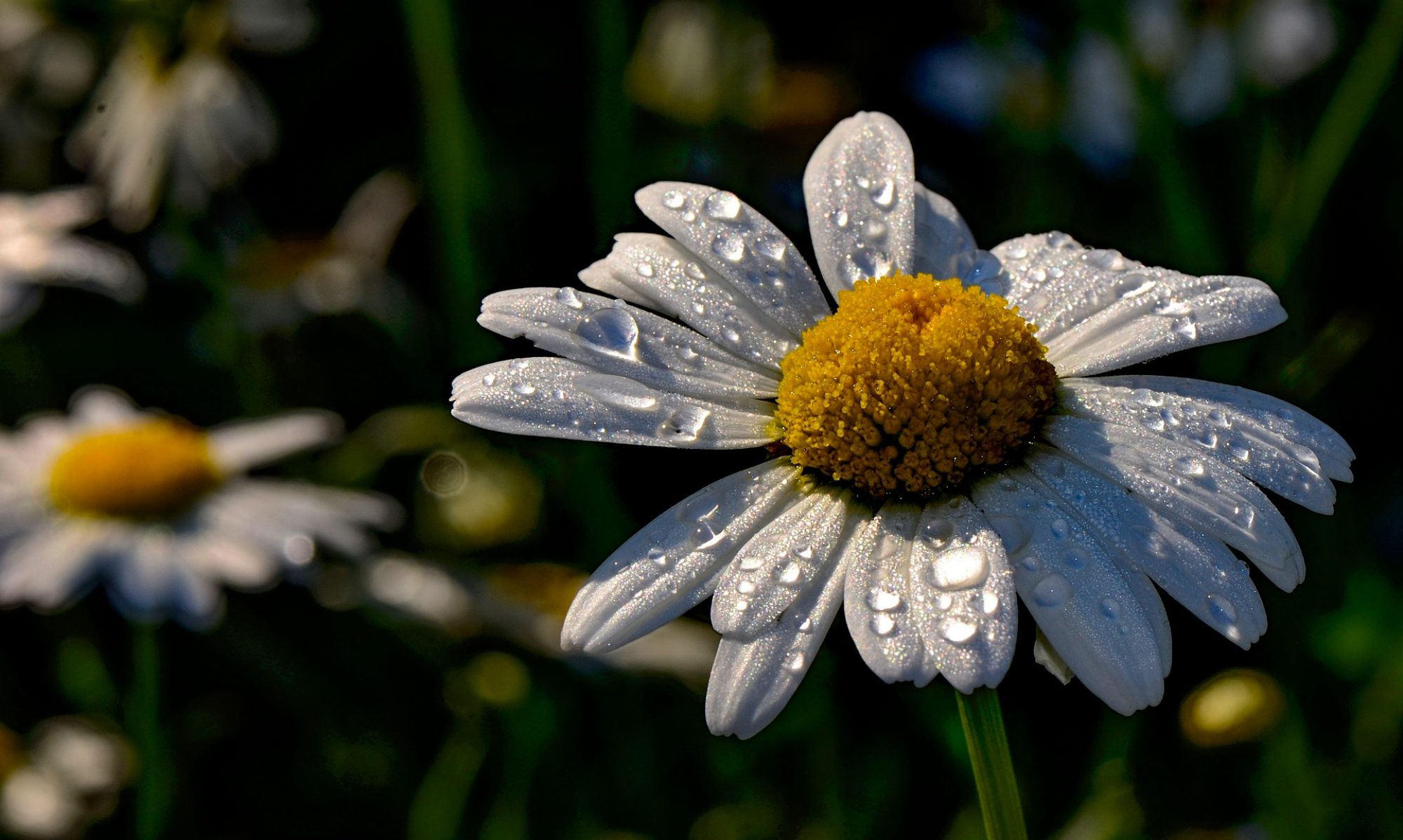Ode to an Earphone
Full of Soul once.
Country greater than Kingdom, Pop, Jazz
beating no more.
Your vocal chords ripped
stripped from your wired spine.
A skull, toothless, hollowed
since silence: your lonesome melody
matches mesh sockets. The burrows of optics –
like nails they pierce fluttering, thumping hearts.
Caves, clogged, coated
in skin, fallen from Time’s brow,
in rheum from that adulterating ear
that held your echoed words close and dear.
Listening to My Heart
Lobes that once hummed
with Love’s music
are dumbed.
All sound dulled
by his presence in my heart.
Like earphones, intact
no deeper than the skin,
a twisted, fraying affection
whistles out a drone.
Present in every word.
Spoken by the tongues of more
than just people.
Bird’s lose their quaint charm
when stripped of lyrical skill.
Pricking a numbed, nervous system
with taunting reminders of what
was not so long ago.
Edinburgh to York
Backwards train, on which my brain,
as worlds whisk by,
flies into motion.
Frantic, hungry, thirsting for
countless trees, blurry leaves, boiling seas…
Those glistening tides
rise and fall, flowing with the breaths
of a worn out passenger’s mind.
Tracks of light tunnel towards my eyes.
Still, they remain unsatisfied.
Then, flushed out into the sun:
caves; lakes; nature’s mistakes painted
across the hills. Reminded to be alive
by soaring gulls
gorging imagination, as cakes
had the stomachs not long before.
Finally full on one horizon
that effortlessly glides on and on.
Sun in the sky,
white horses on the shore.
Their hooves gallop in along the sand,
the drums to the melody of the sky.
What is the Language using us for?
What is the language using us for?¹
Whether it be by pen and paper
or through a computer screen,
language demands to be seen.
So, In the fire of images,
gladly, I put my hand.²
Expecting to be scorched.
But the only burns
plastered across my skin,
are those from former flames.
Died out. Not so long ago.
A voice beyond offers:
Sing out the silence,
fill for ever and ever
[with] the emptiness.³
And so, soldiering on, my soul
never escapes the pulvinus
from language’s vine,
born to ring of loss and not-a-thing.
Since nothing is what I am doing here.
- W. S. Graham (1918-1986)*
- George Mackay Brown (1921-1996)*
- James Allan Ford CB MC (1920-2009)*
*source: paving around The Writers’ Museum, Edinburgh.


The most striking thing about these poems is their use of sophisticated, original and effective rhythm. You create dynamic and exciting sound worlds in your poems – for example within ‘Ode to an Earphone;’ ‘matches mesh sockets. The burrows of optics –/like nails they pierce fluttering, thumping hearts./Caves, clogged, coated;’ which strongly bring the reader into your poetic world.
You also engage with the possibility of experimental form, for example in ‘What is the Language using us for?’ effectively using footnotes and quotations to build up a subtle and surprising poetic effect.
To improve these poems further, it might be worth thinking about moments in which your sharp and original language slips into the over familiar. For example, lines like, ‘my soul/a puppet on language’s string,’ or ‘fallen from Time’s brow,’ are a little archaic. They seem like POEM language rather than YOUR language. You are clearly capable of fresh imagery, so keep an eye out for these moments. Do also keep an eye on the clarity of your poetic narratives, so the reader always knows where they are in the dynamic worlds of your poems.